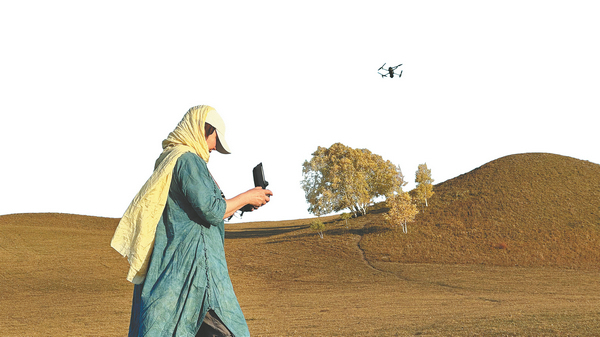Dying with dignity, living with love


Xu felt pleased that she could use her knowledge to help him through this process.
She wrote an essay reflecting on her mother's and father's deaths, and her own very different experiences and feelings. She sent it to Qin and Ning as a kind of summary of what she'd learned and practiced. Ning encouraged Xu to share her experiences with more volunteers, since the contrast between her parents' deaths was too stark.
After she shared her stories with them, she was invited to write a book.
Last year, Chongqi Shengming (Life Anew) was published by Guangxi Normal University Press.
Starting from her early life, Xu tells her stories about dealing with life and death in concise language.
The book is rated 8.8 out of 10 on the major Chinese review site, Douban. Many readers comment that they're inspired by the writer's thoughts on life and death, and knowledge about palliative care.
Beijing Haidian Hospital has increased its palliative care beds from six to 50. According to a municipal plan, by 2025, every community in Beijing will build a hospice center with at least 50 beds, which adds up to more than 1,800 citywide.
An old Chinese saying goes: "You can't know life before you know death." Xu says she rediscovered her life at age 62.
Today, she's learning to use drones to take photos of the world's most splendid views. She prints some of these travel photos and brings them to the hospital's palliative care unit.
"Patients there will choose the ones they love and hang them in front of their beds," she says.
"I'm happy to give them some warmth in this way."
Contact the writer at yangyangs@chinadaily.com.cn




































